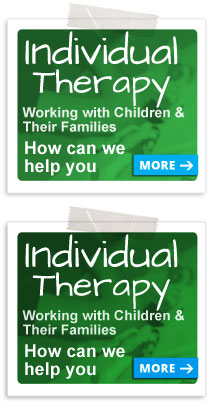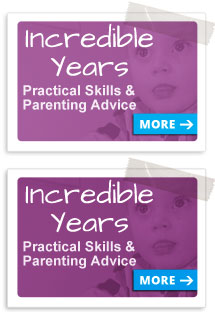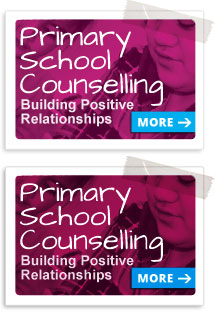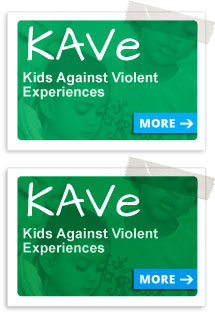Our Childs Voice – 28 October 2009
By Parentline, 4 March 2010
By Cathy Holland – Published in Hamilton Press on 28 October 2009Last week was a significant week. We launched our new logo with the motto “safe family safe child – maru i te whānau maru i te tamariki” to better reflect Parentline’s vision of keeping children safe from abuse and domestic violence.
We were also the grateful recipients of the latest Suzuki Swift car donated by Hamilton’s Winger Suzuki to enable our staff to visit families out in the community. The new logo adorns the car and will no doubt become iconic around the streets of Hamilton.
Safe family safe child. This is what every child needs. Children need a safe and secure home and parents that love and protect them. They need to have a sense of routine and stability so that when things go wrong in the outside world, home is a place of comfort, help and support.
For too many of our children, home is not a safe haven. Every year thousands of New Zealand children are exposed to domestic violence at home, and this has a powerful and profound impact on their lives and hopes for the future.
Violence in the home is a largely hidden problem that few communities and families openly confront. Police statistics reveal that only 20% of all domestic violence incidents are officially reported; which means that up to 80% of domestic violence incidents go undetected. Violence in the home is a global phenomenon, not limited by geography, ethnicity or status.
Whilst the devastating effects of domestic violence on women are well documented, far less is known about the impact on children who witness a parent or caregiver being subjected to violence.
Children who are exposed to violence may suffer a range of severe and lasting effects; such children are more likely to be victims of child abuse; even where children are not the direct victims of violence they often exhibit the same behavioural and psychological problems as children who have been physically abused. Children may have learning difficulties and limited social skills, exhibit violent and delinquent behaviour or suffer from depression and severe anxiety. And some of the biggest victims are the smallest. Younger children are particularly vulnerable compared to their older siblings.
Several studies have shown that children who witness domestic violence are more likely to be affected by violence as adults, either as victims or perpetrators.
Children need to learn that domestic violence is wrong and they need to learn non violent methods of resolving conflict. Children need adults to speak out and break the silence. Children who are exposed to violence in the home need to know that things can change and that violence in the home can end. Children need hope for the future.









